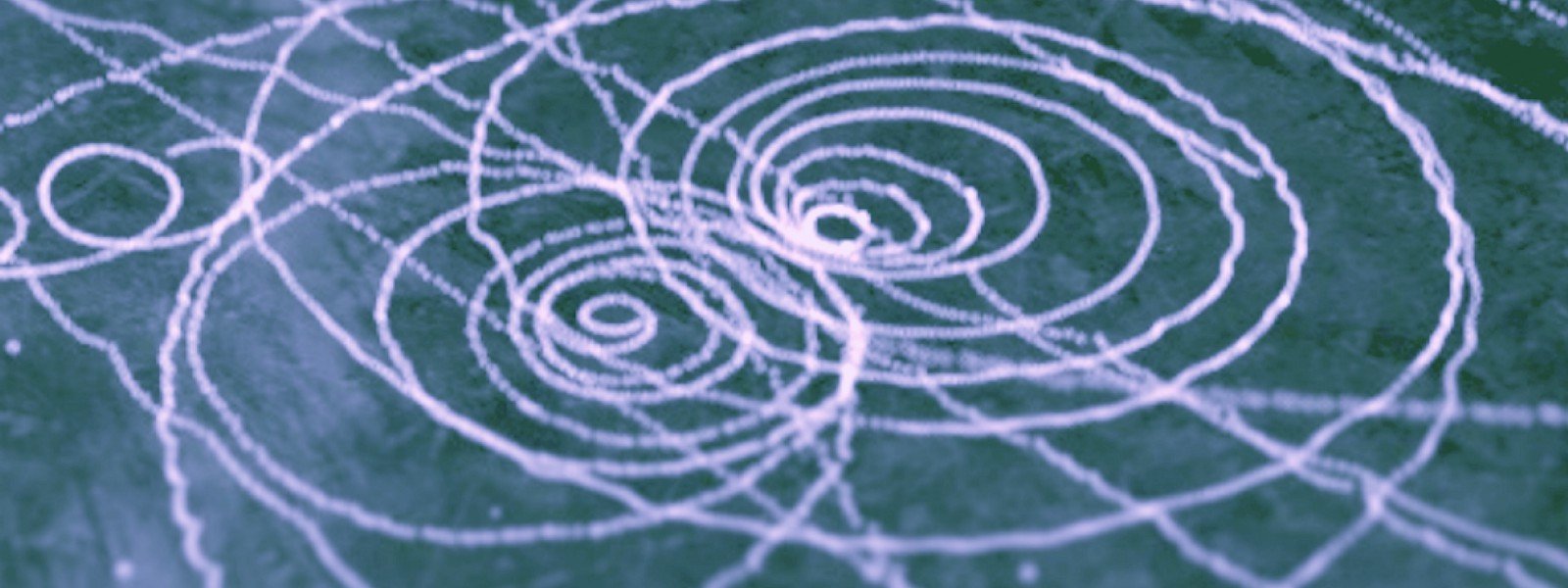
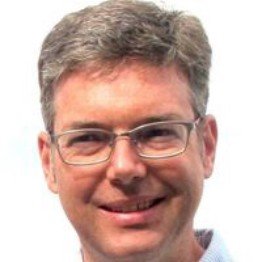
Where’s the boundary between science and religion?
It's not where you think..
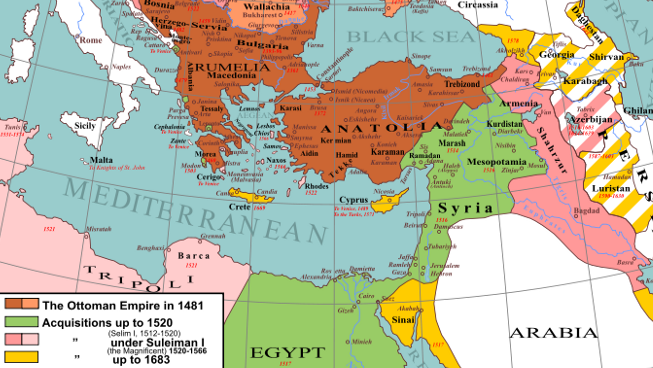
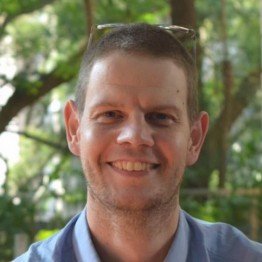
Two lists
The frame that shapes (and corrupts) our thinking.


Acupuncture: Science? Religion? Both? Neither?
Questioning everything we thought we knew about both science and religion.
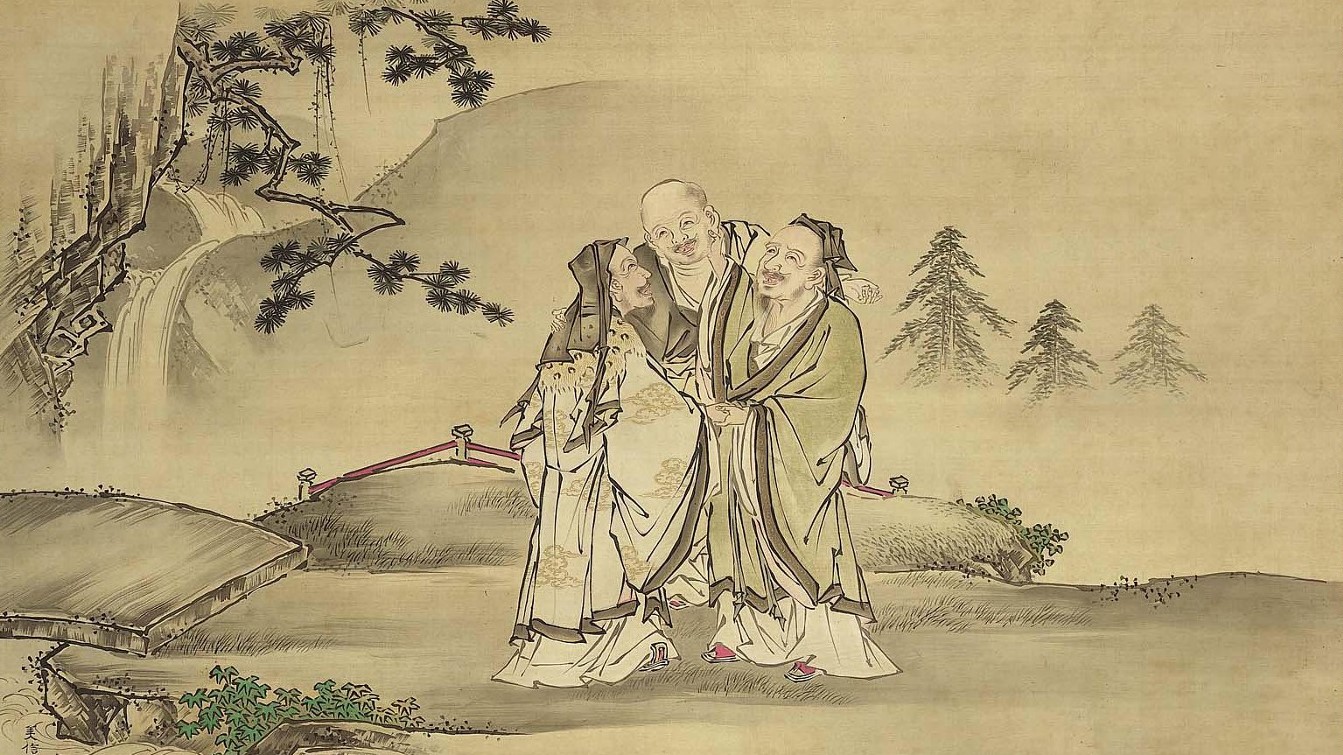

Packing and Unpacking Religion
Why we can’t agree on whether Confucianism, Daoism and Buddhism are religions.
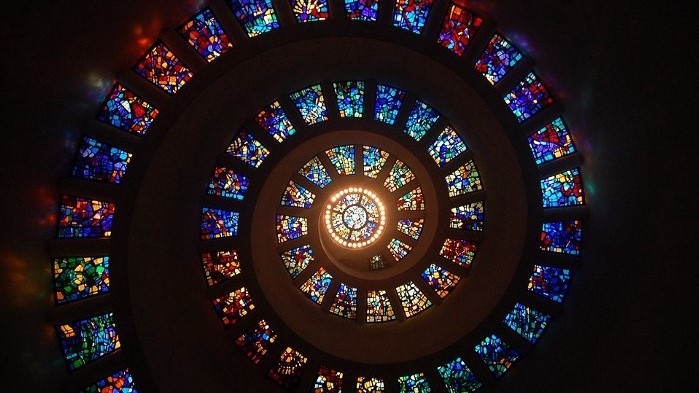

Is there even such a thing as religion?
It’s not about belief, it’s about relationships.
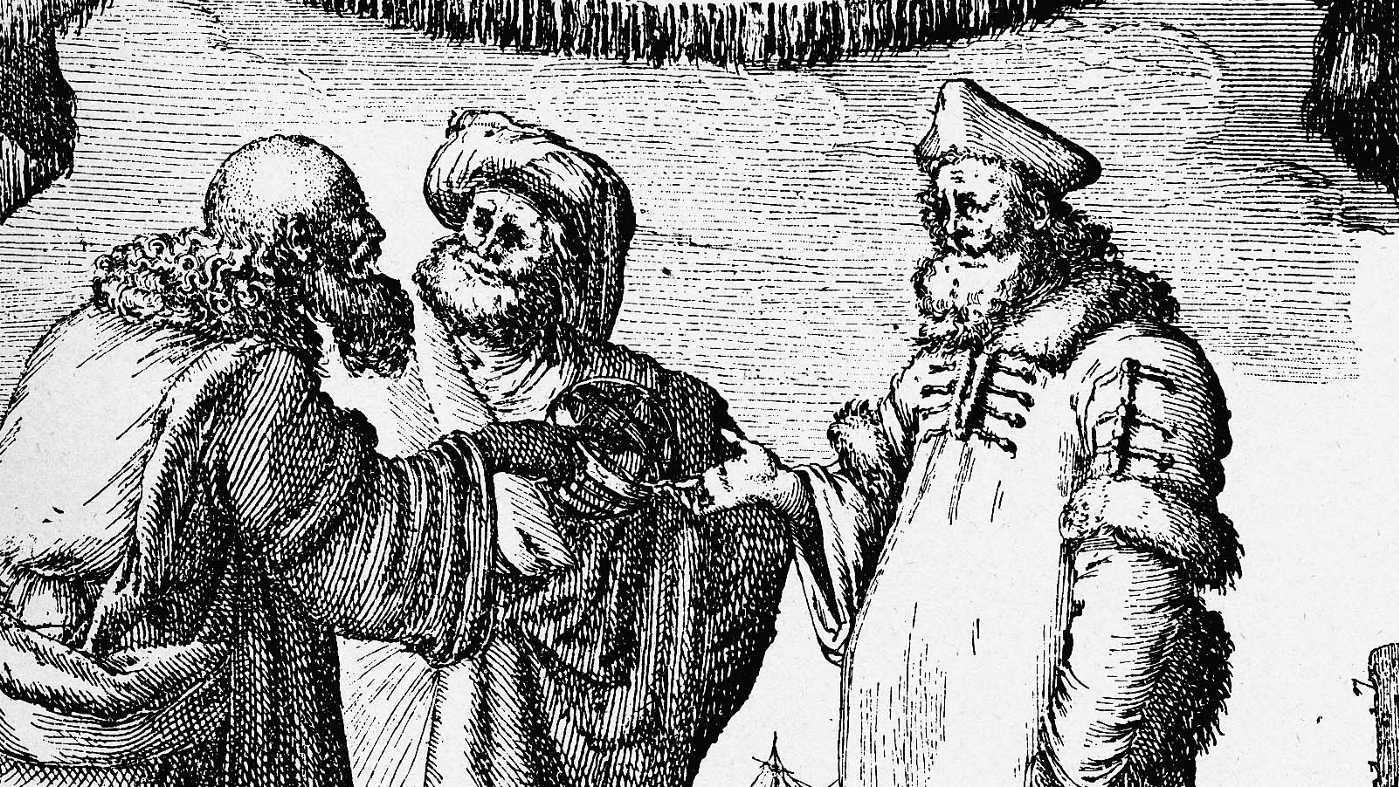

The Enlightenment Vision of science
This is what is at stake.
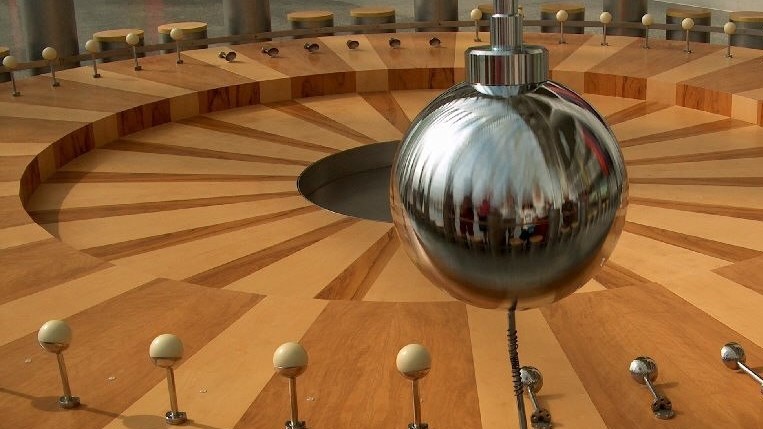

Science and method
What would happen if scientists followed the scientific method?
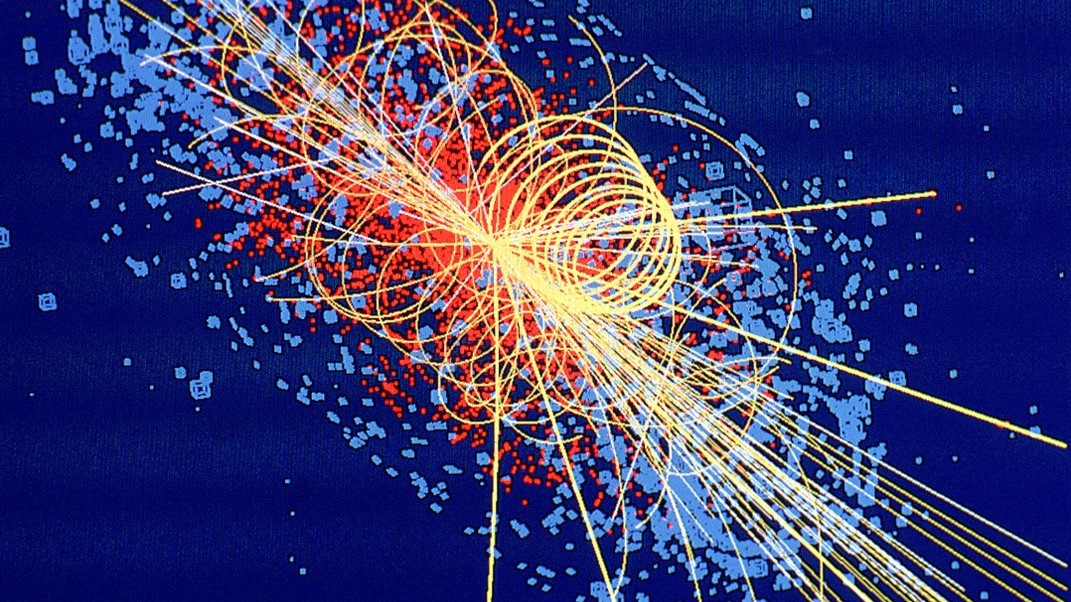

Can science be objective?
(Spoilers: No, it cannot.)
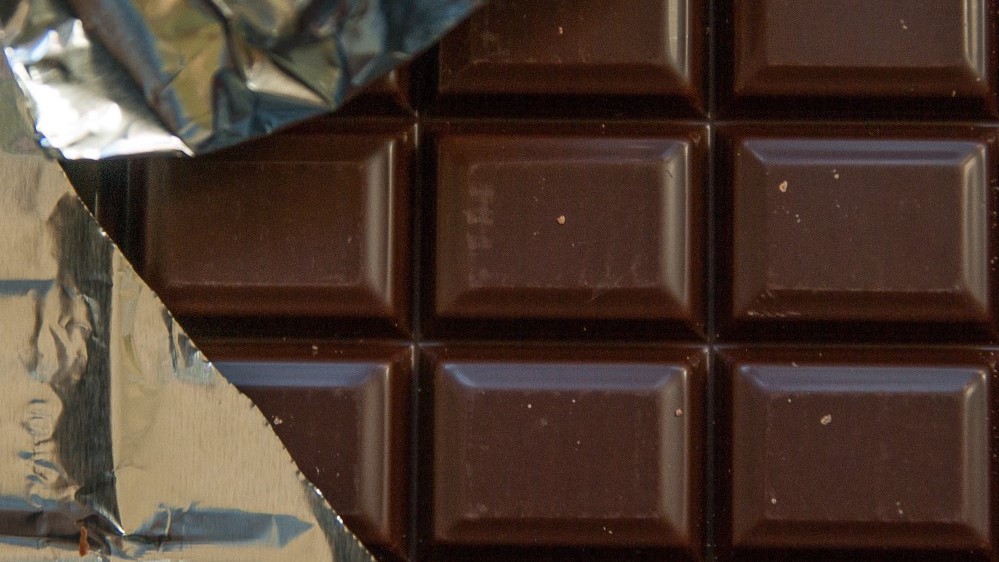

Science: universal or useful?
It can't be both.
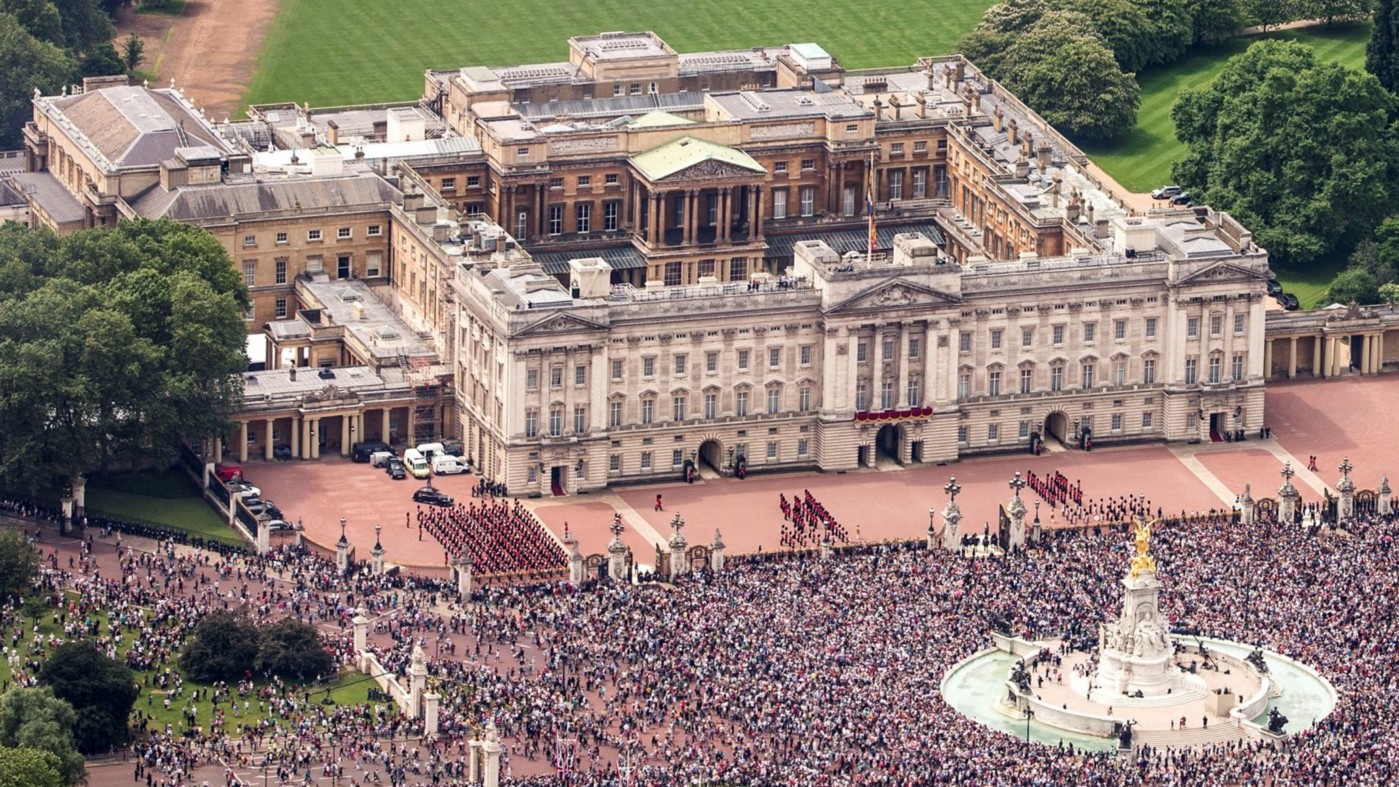

True for you but not for me? That’s just your opinion!
Thinking about claims that are not universal or not objective.
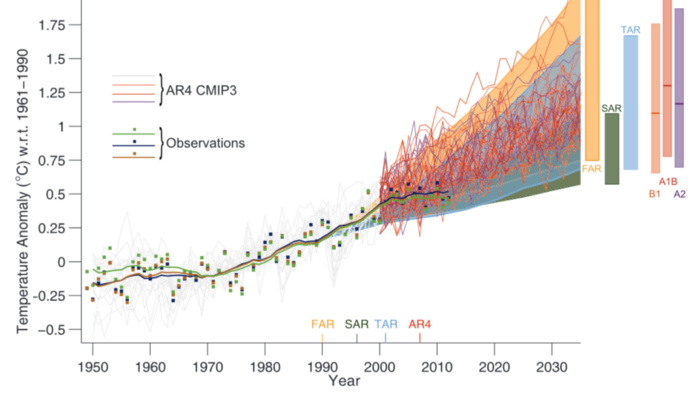

Contesting truth
Why can't we all agree about science?
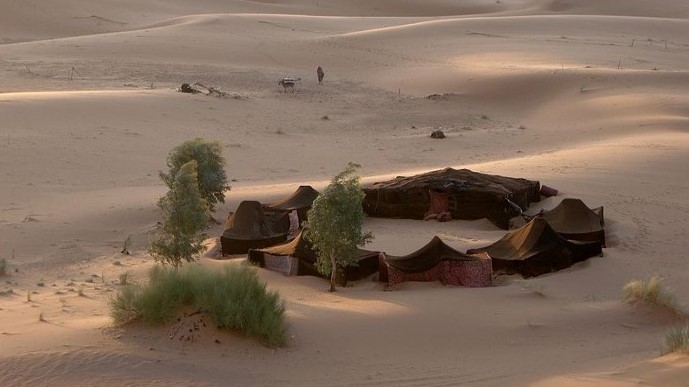

Epistemic communities
Where collective knowledge is generated
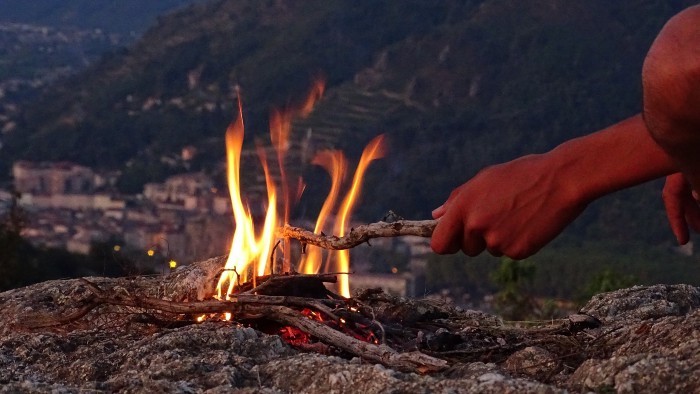

Truth you can see, and truth you cannot
Understanding science's relation to the unseen.
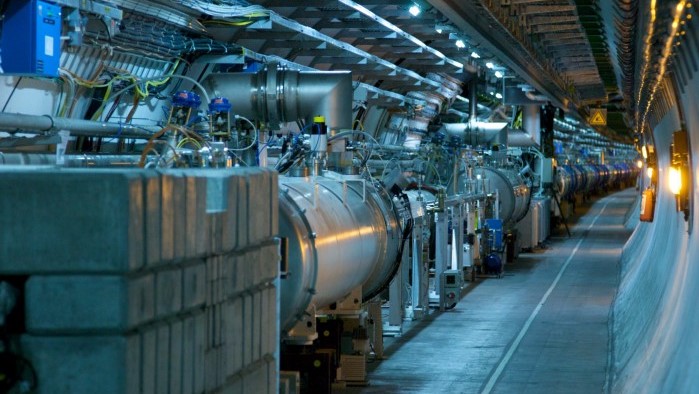

Truth: more than facts
More things need to be true than we usually realise.


Getting information: reason and observation
When knowledge is reasonable or sensible.
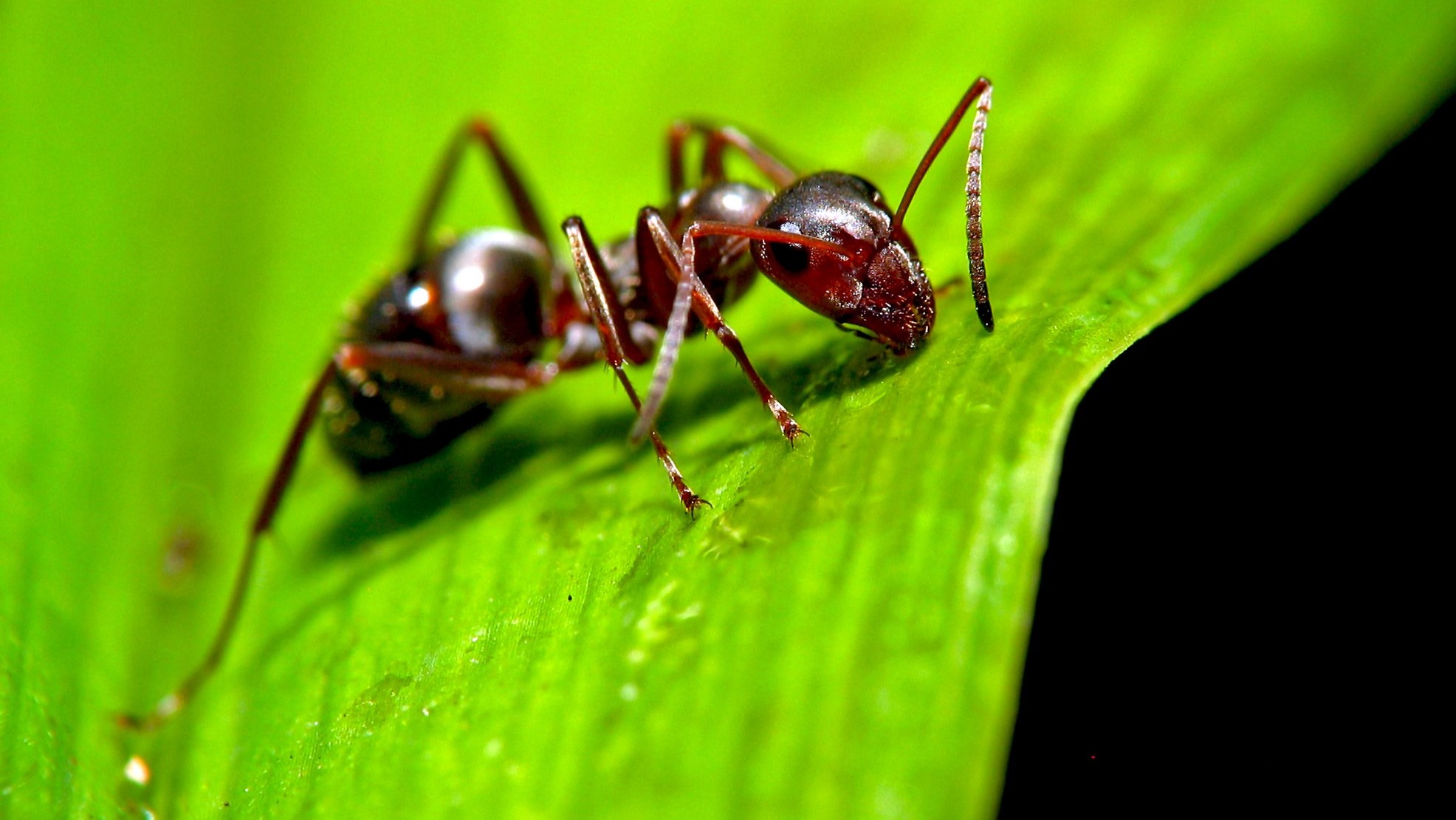

Getting information: revelation
When knowledge is faithful.
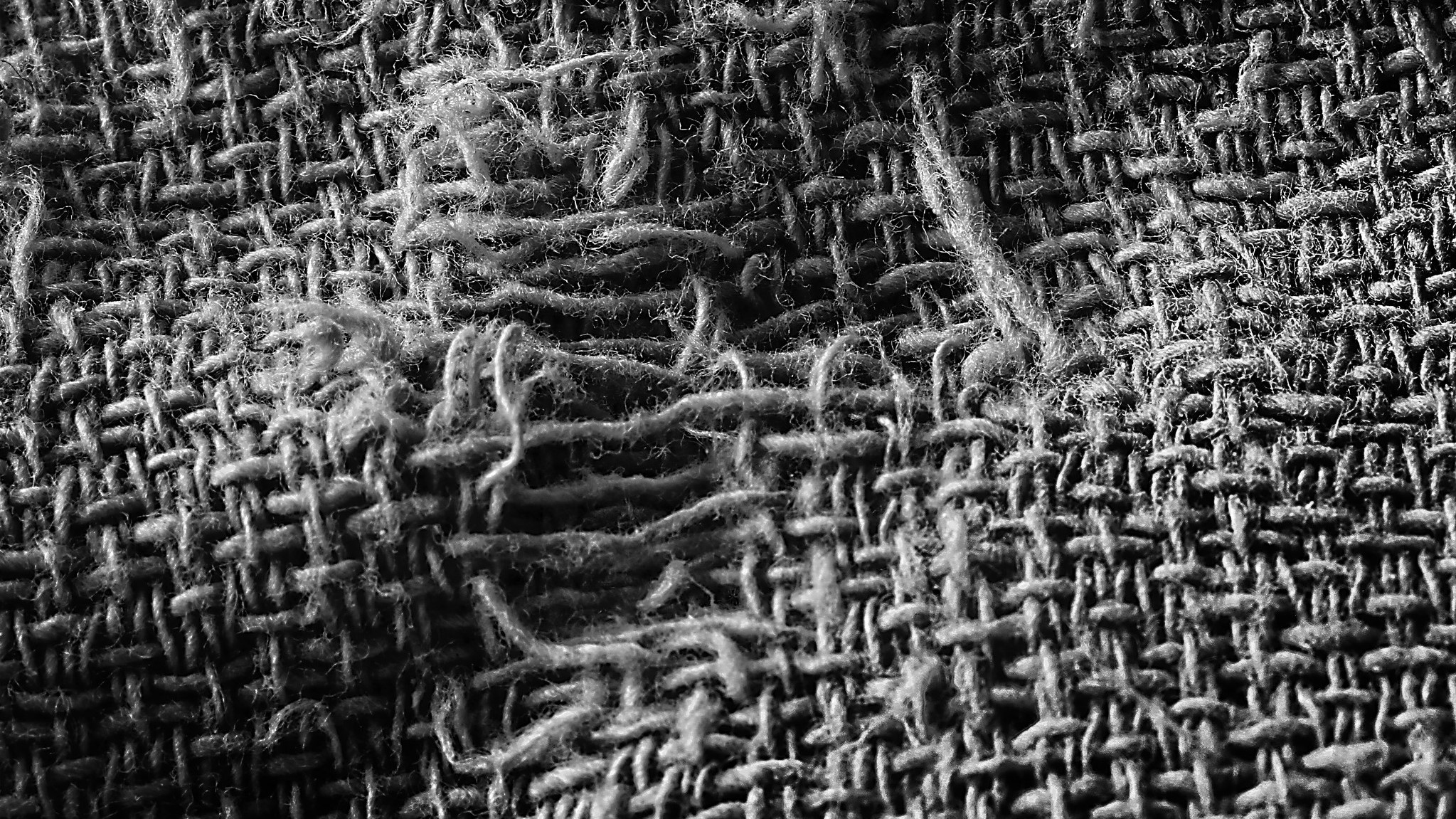

Ways of putting information together
Do we build theories or weave them?
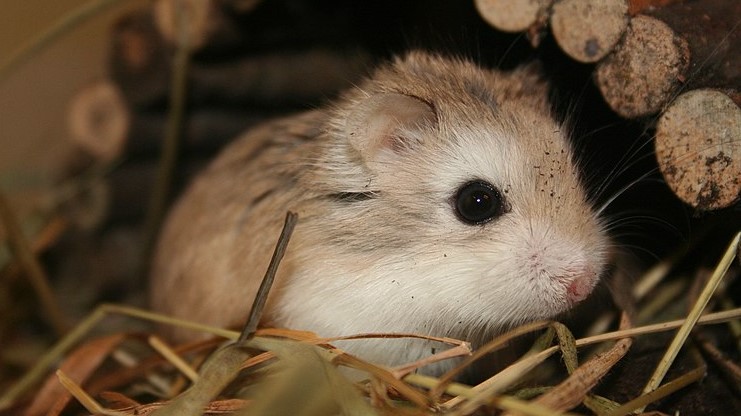

Can we trust our conclusions?
If you brain was lying to you, how could you tell?
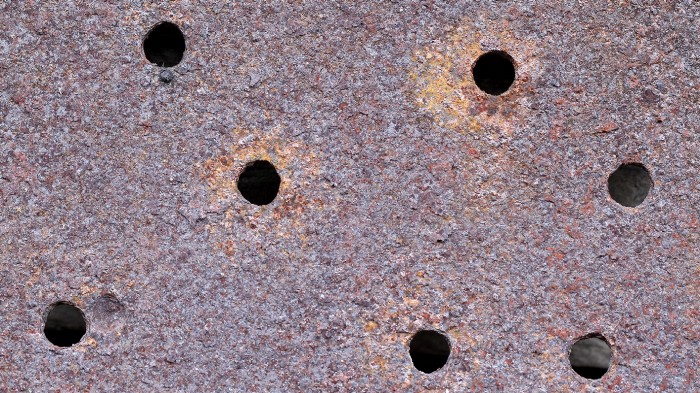

But is it real?
What does the question even mean?
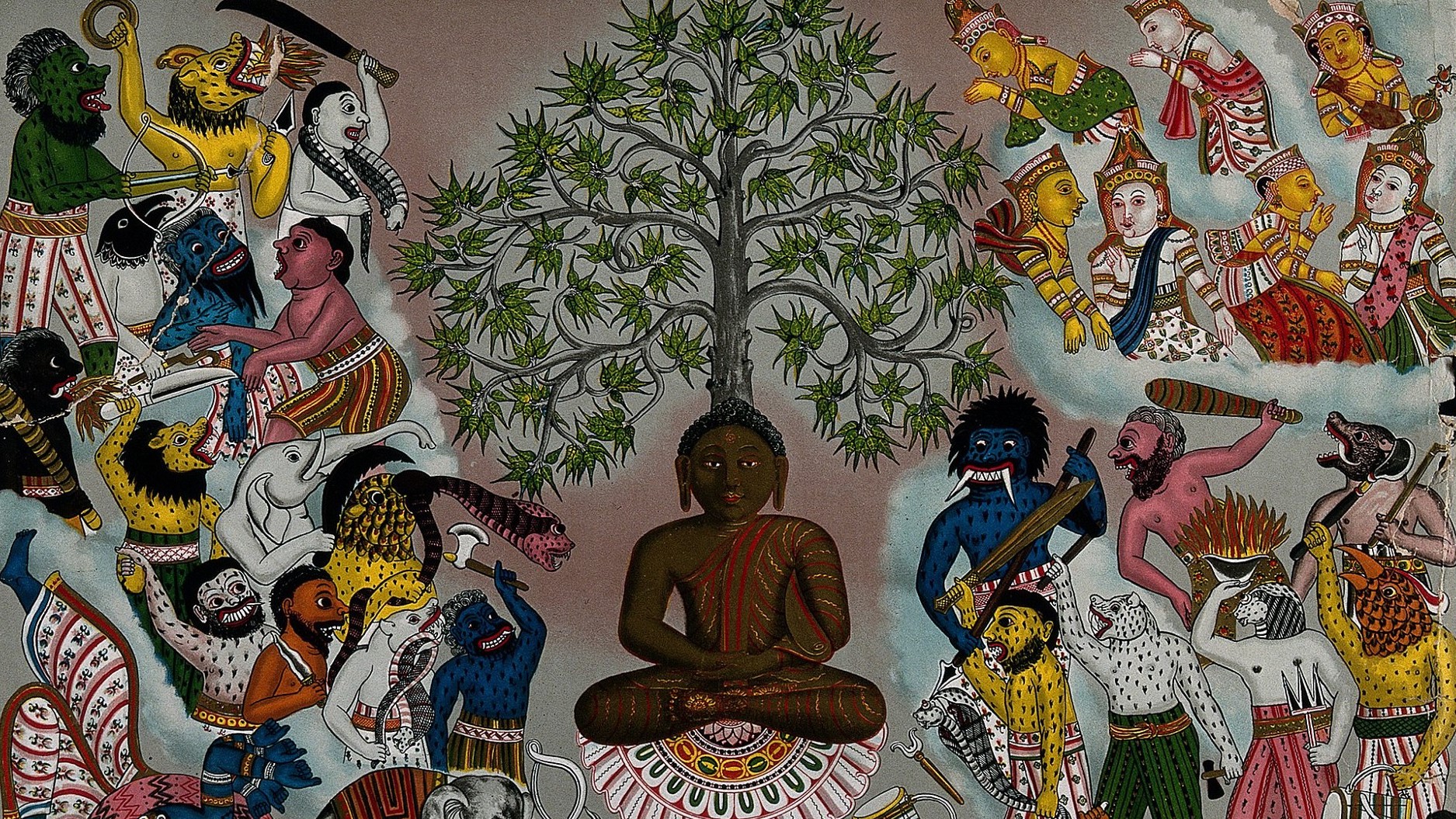

How do you separate real from unreal?
Naturalism, materialism, physicalism, and disappointment.
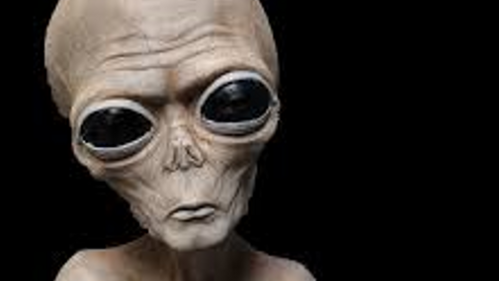

Does the universe care what we think?
Considering ontological realism.


Can we know what the world is like?
Considering epistemic realism.
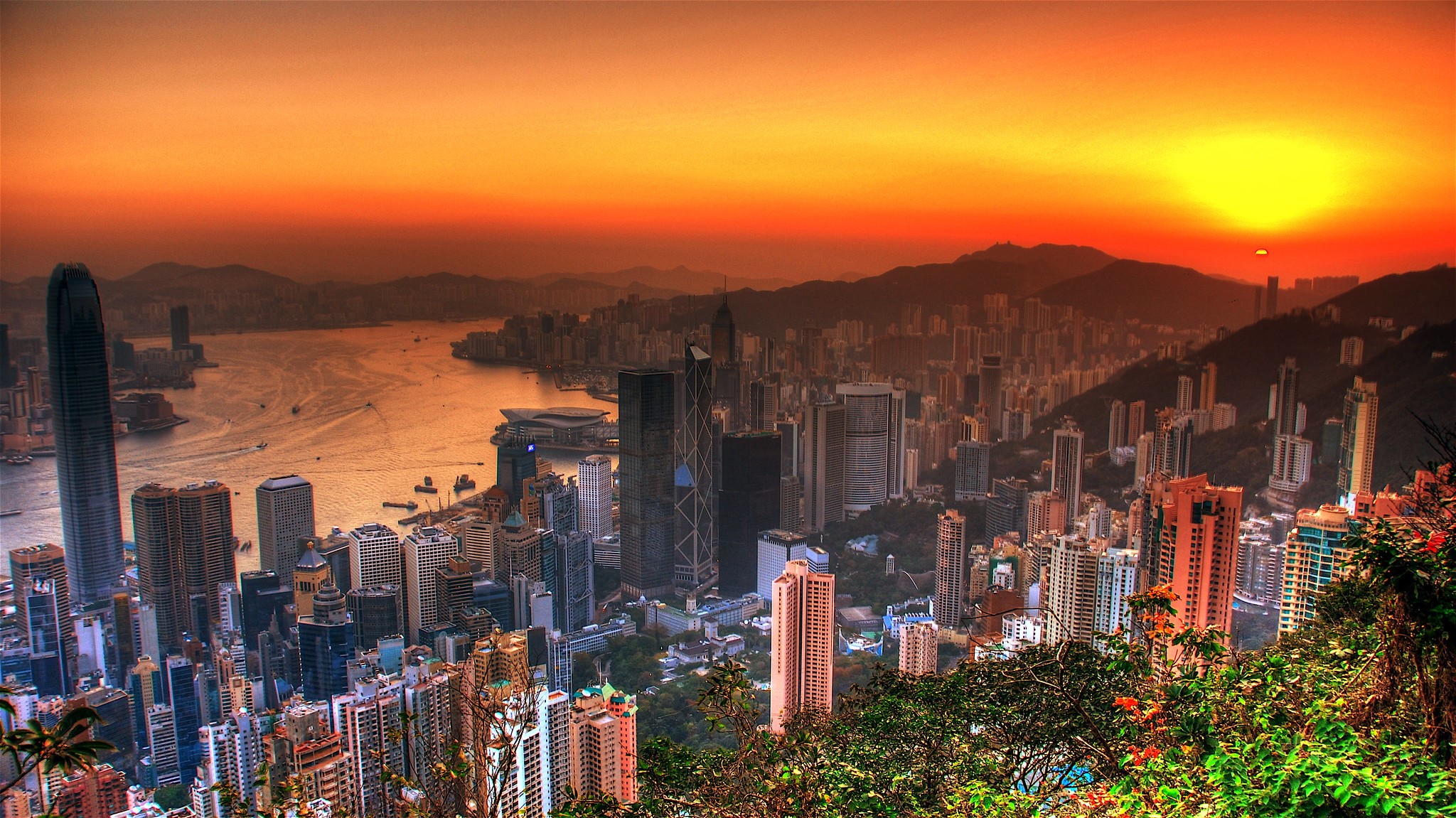

Do we mean what we say?
Considering semantic realism.
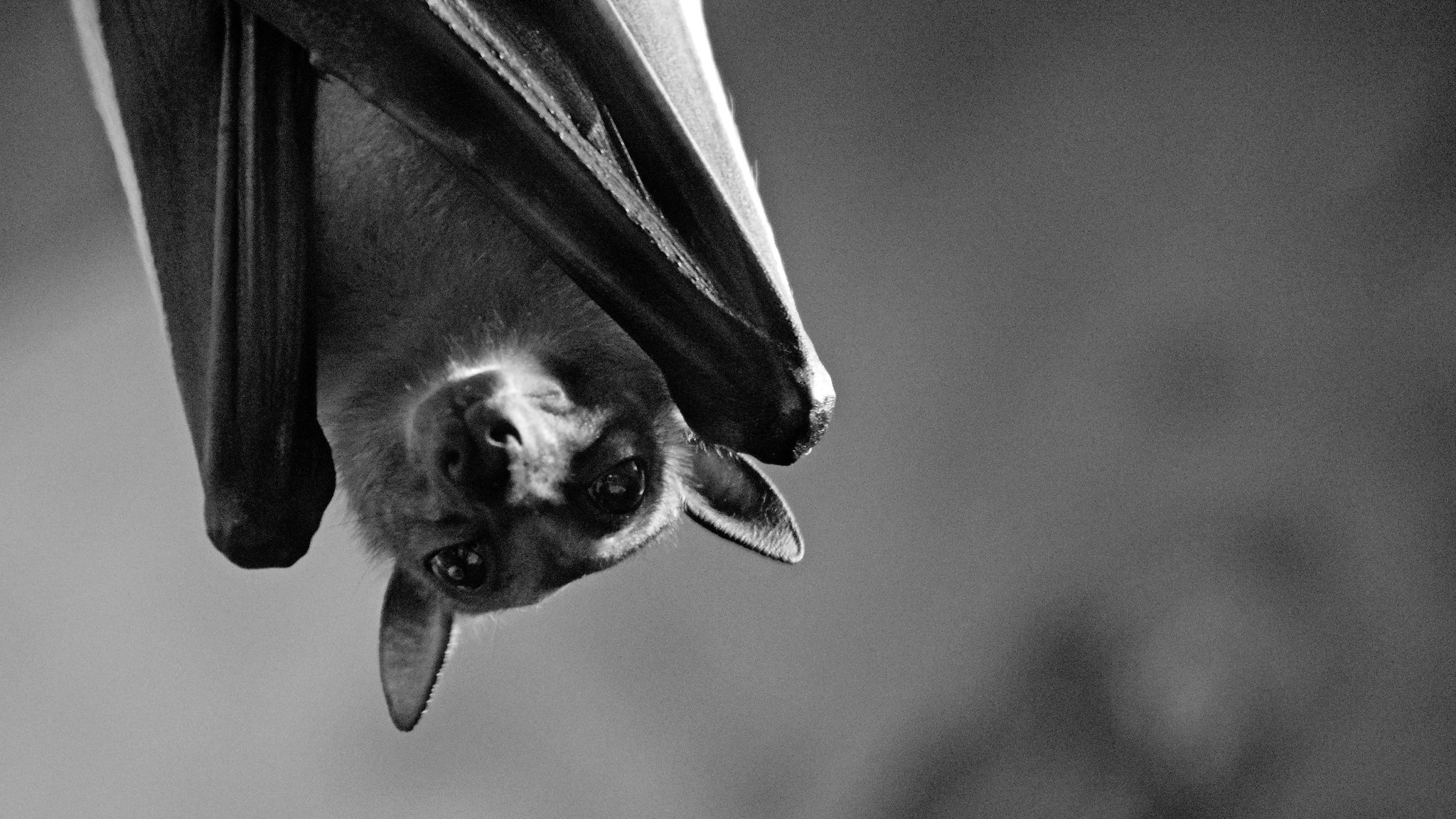

Can we trust our experience?
Considering subjective realism.


What are signs pointing to?
Considering symbolic realism.
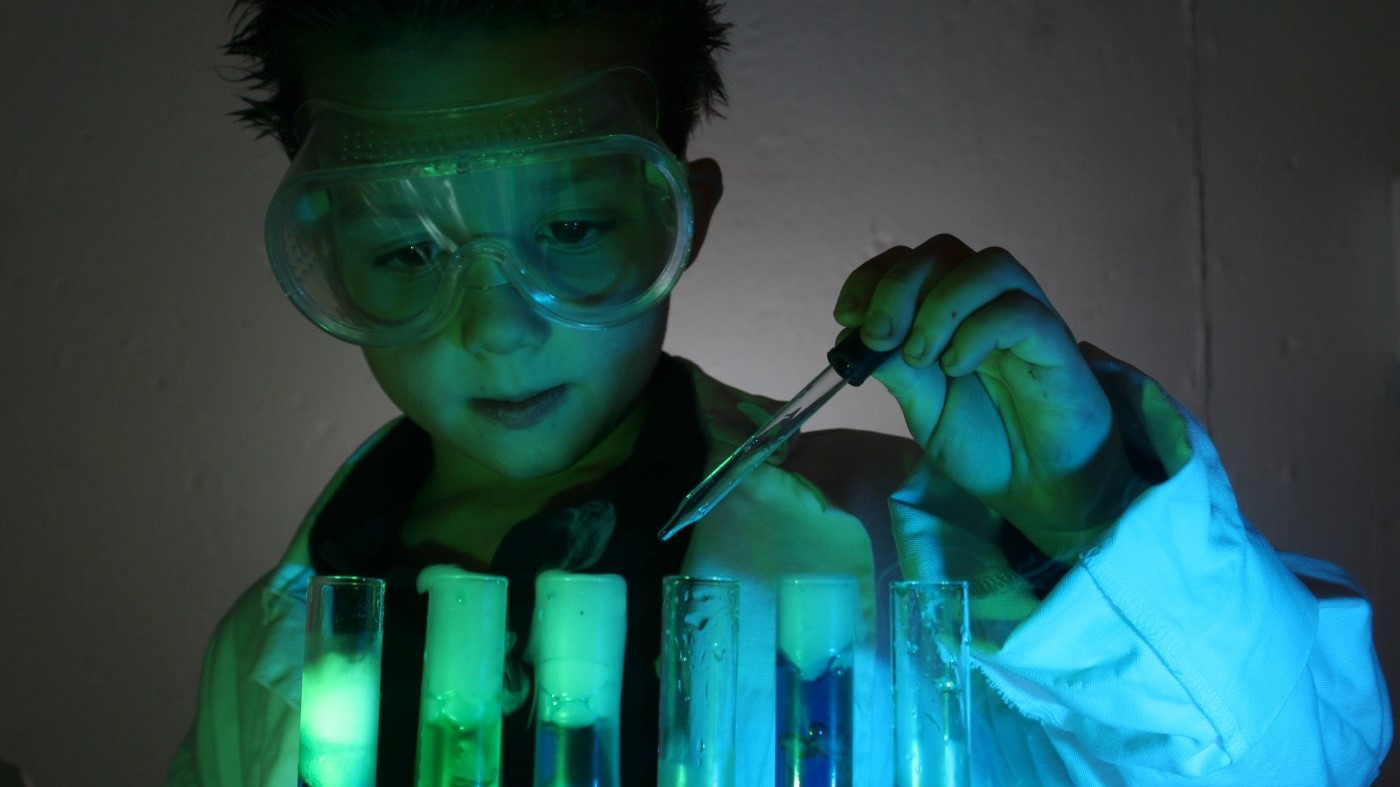

Being more than one sort of realist
And possibly less than all sorts of realist.
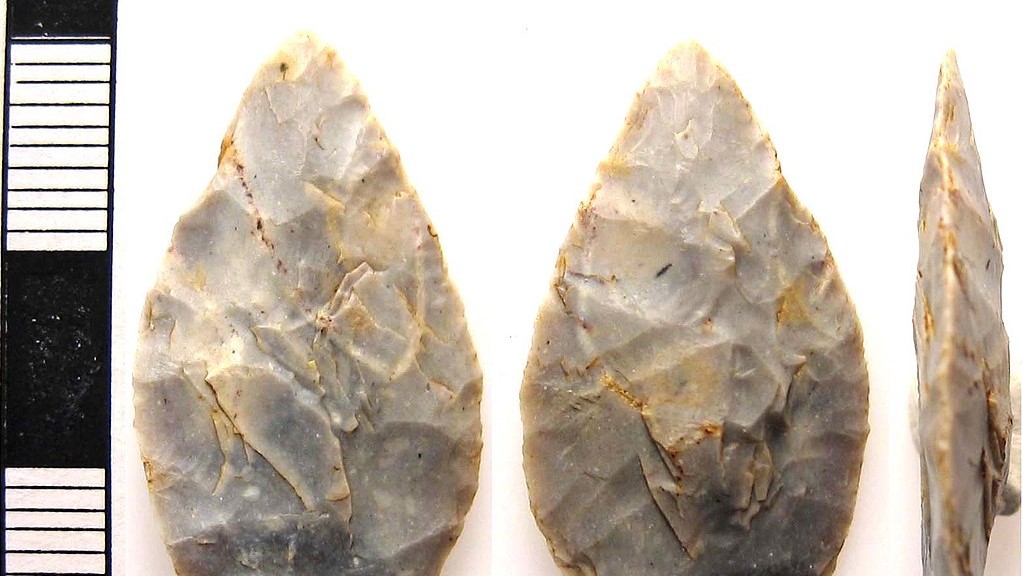

Am I an object or a person?
Will you make me into one or the other?
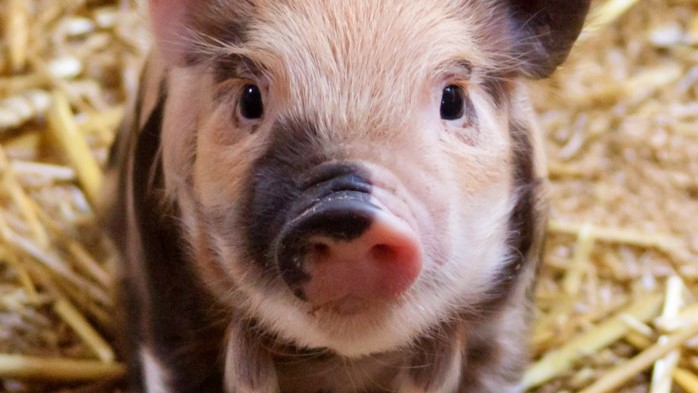

Treating non-humans as persons
It works. But is it more than that?
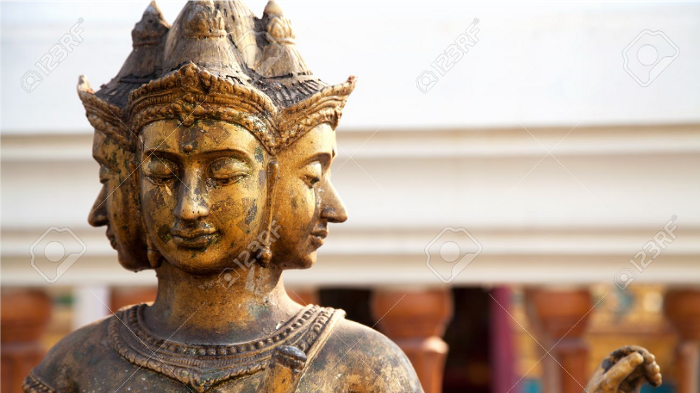

Non-human and para-human persons
We'll call them "nephesh".
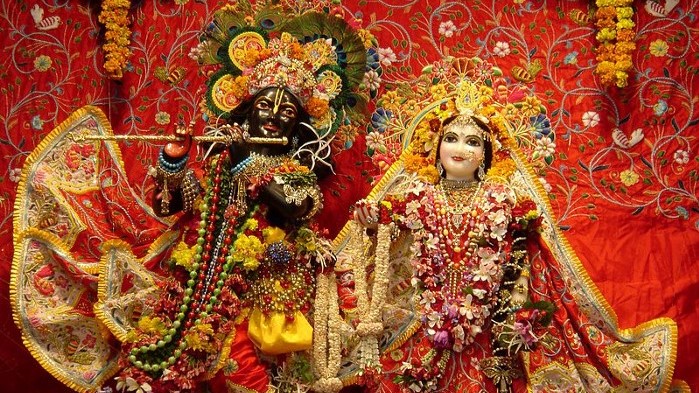

How do you relate to nephesh?
As a stranger? enemy? servant? lover?
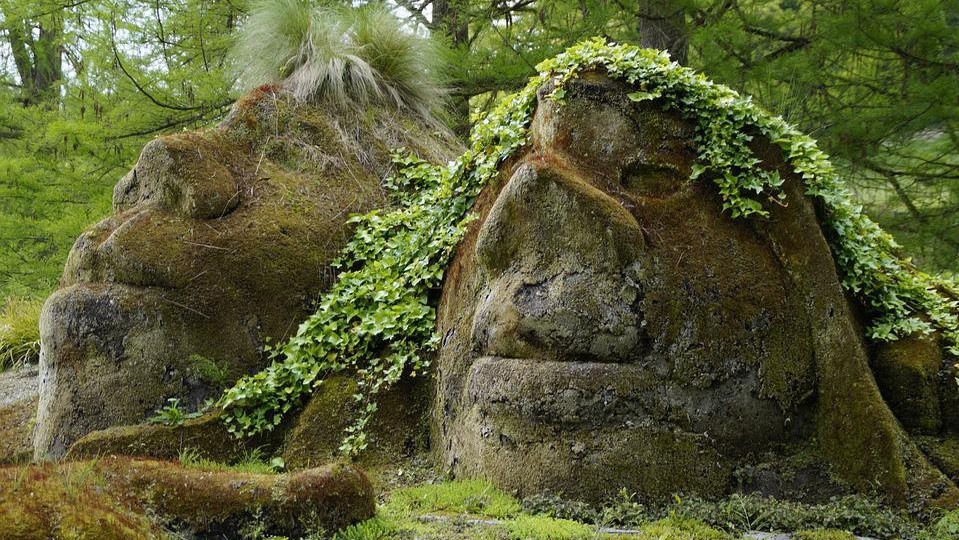

Metapersons in your community
Which ones should you care about?
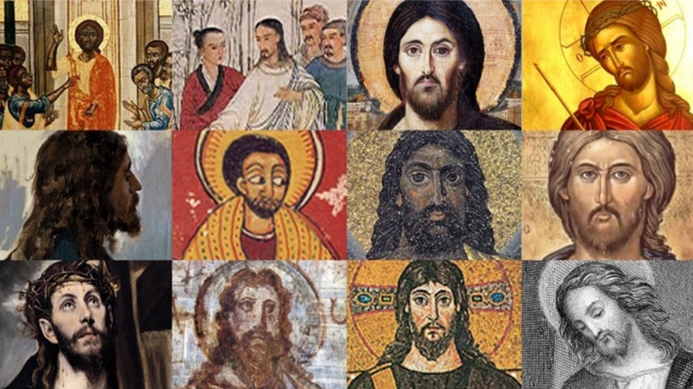

Are nephesh real?
Or are they a useful fiction?
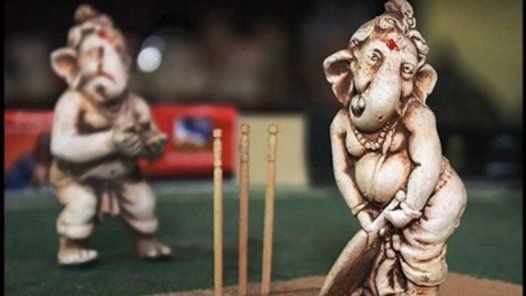

Methodological personalism
Why physicists name their lasers.
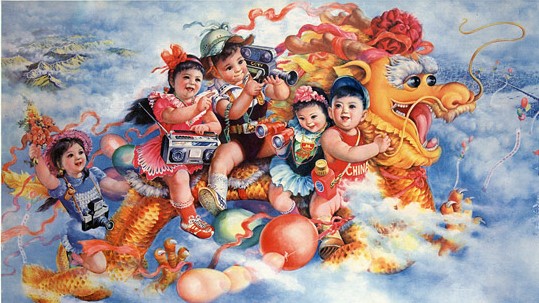

What is life?
Bios, anima, psyche or zoe?
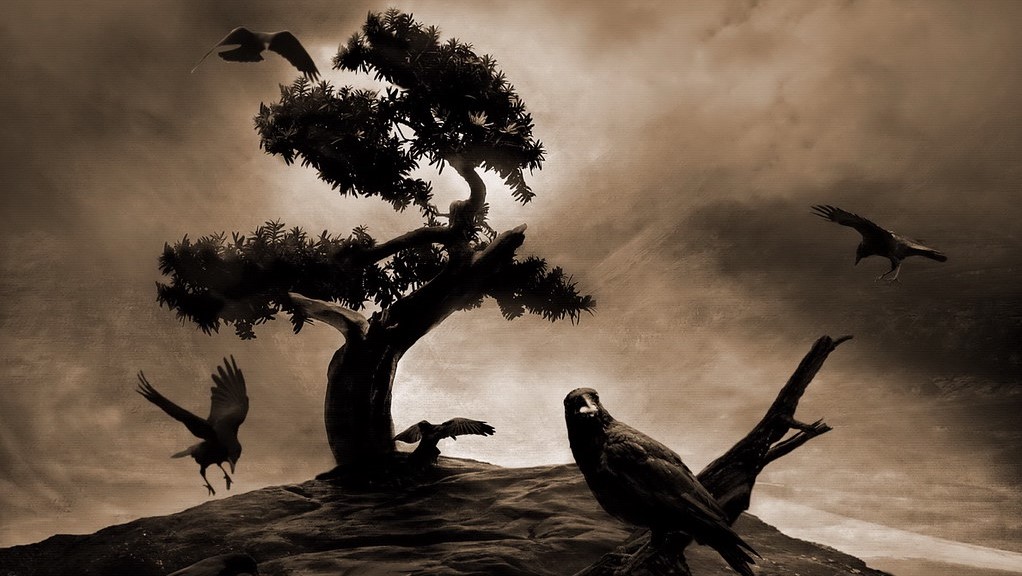

Vitalism
Biology tells us about life, but not how to live.
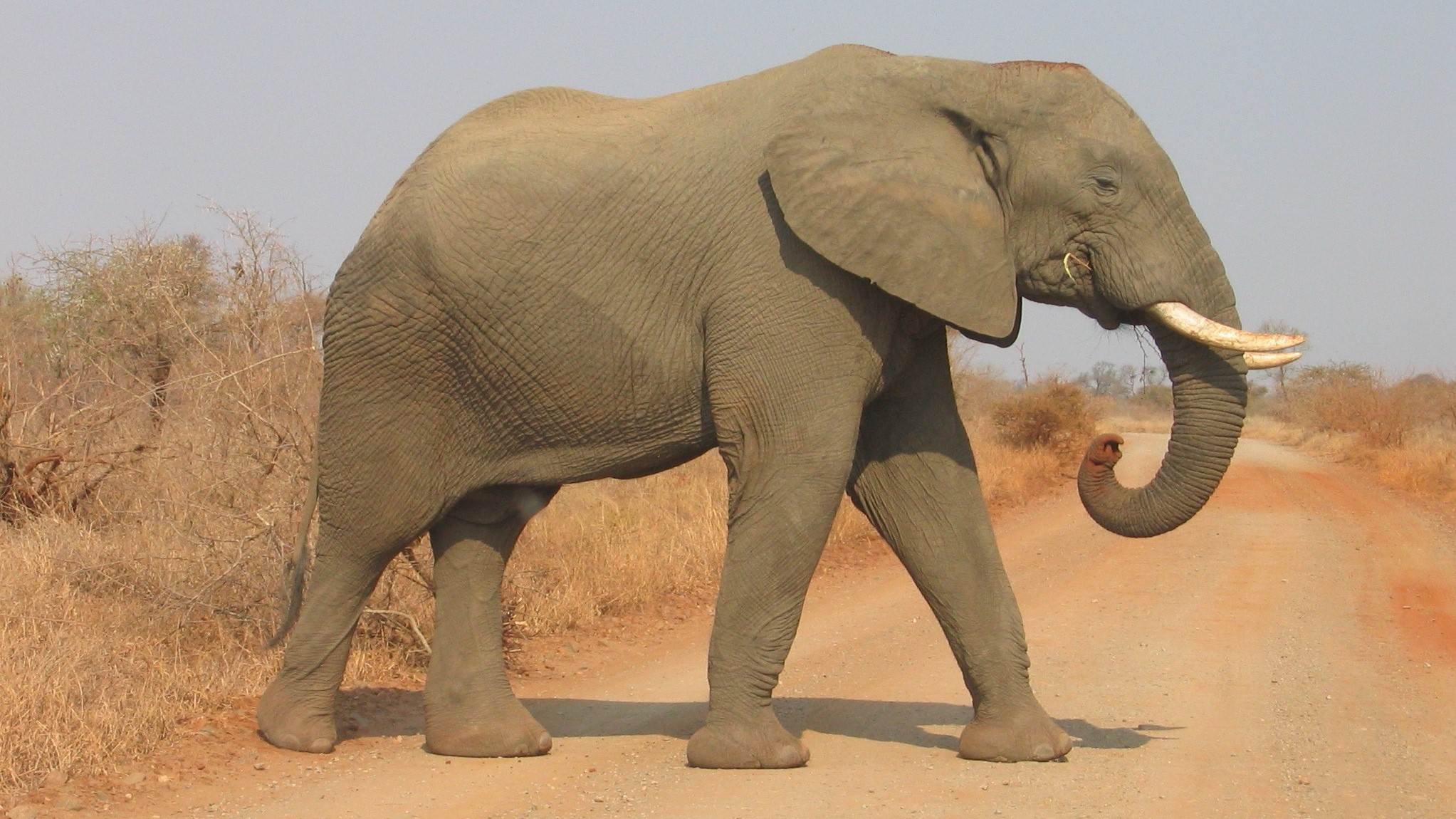

Models: Does Elon Musk exist?
What pet elephants teach us about the stock market.
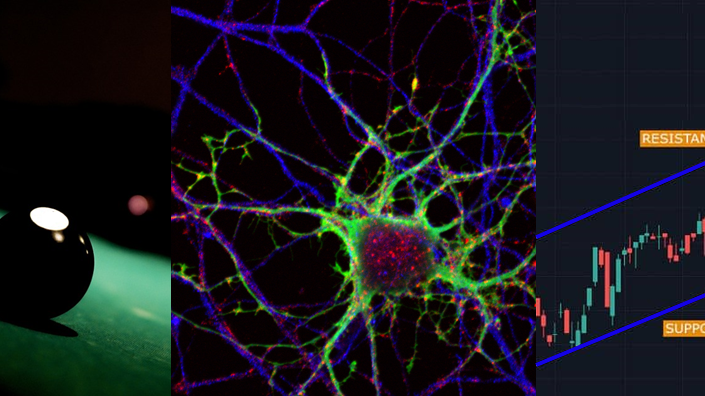

Free will, divine action, and Elon Musk
Taking a fresh look at some age-old problems.


Modelling social life
The map isn't the territory.
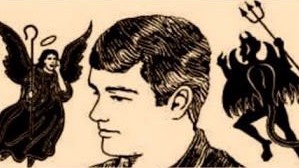

Religious models of society
Where they overlap with - or differ from - social science.
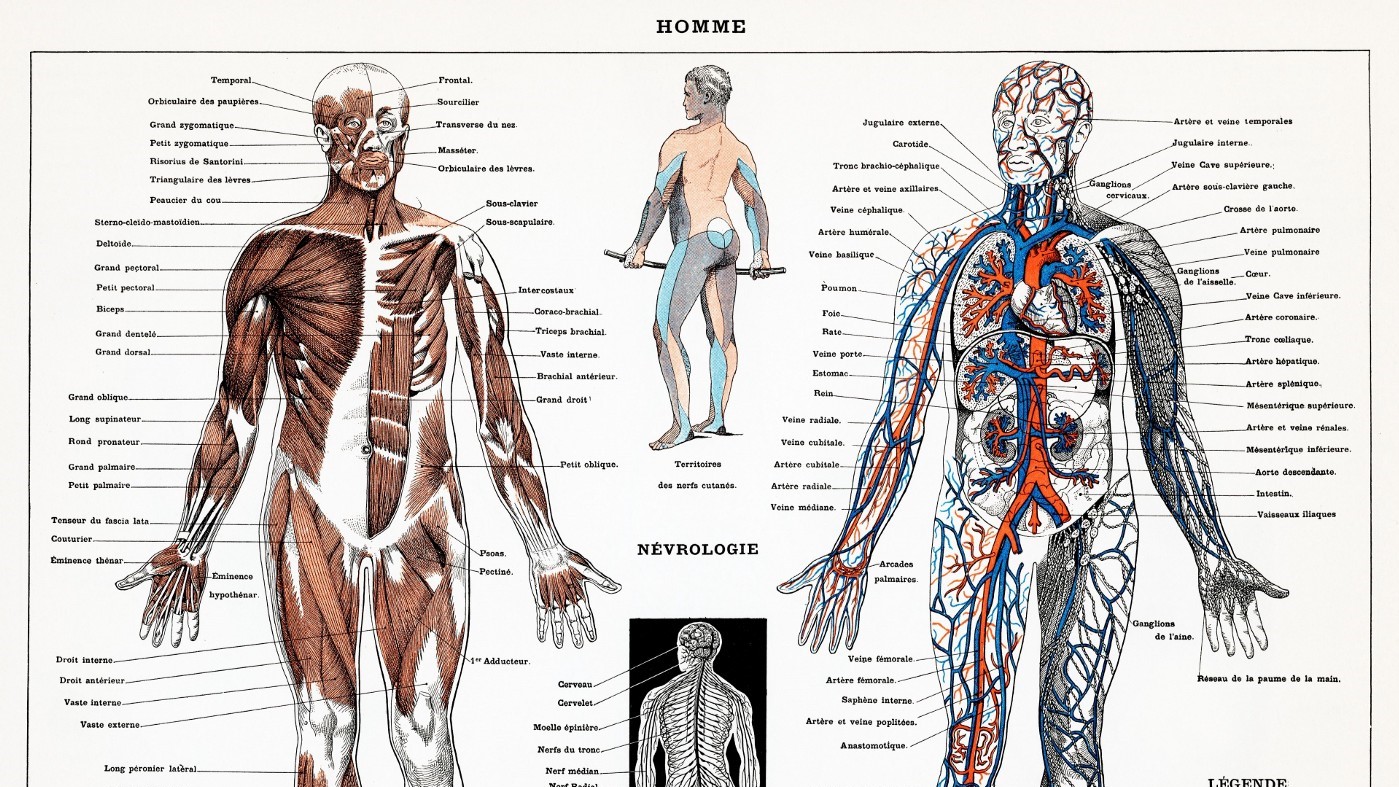

Intellectual objects
How we create the tools to think about things.
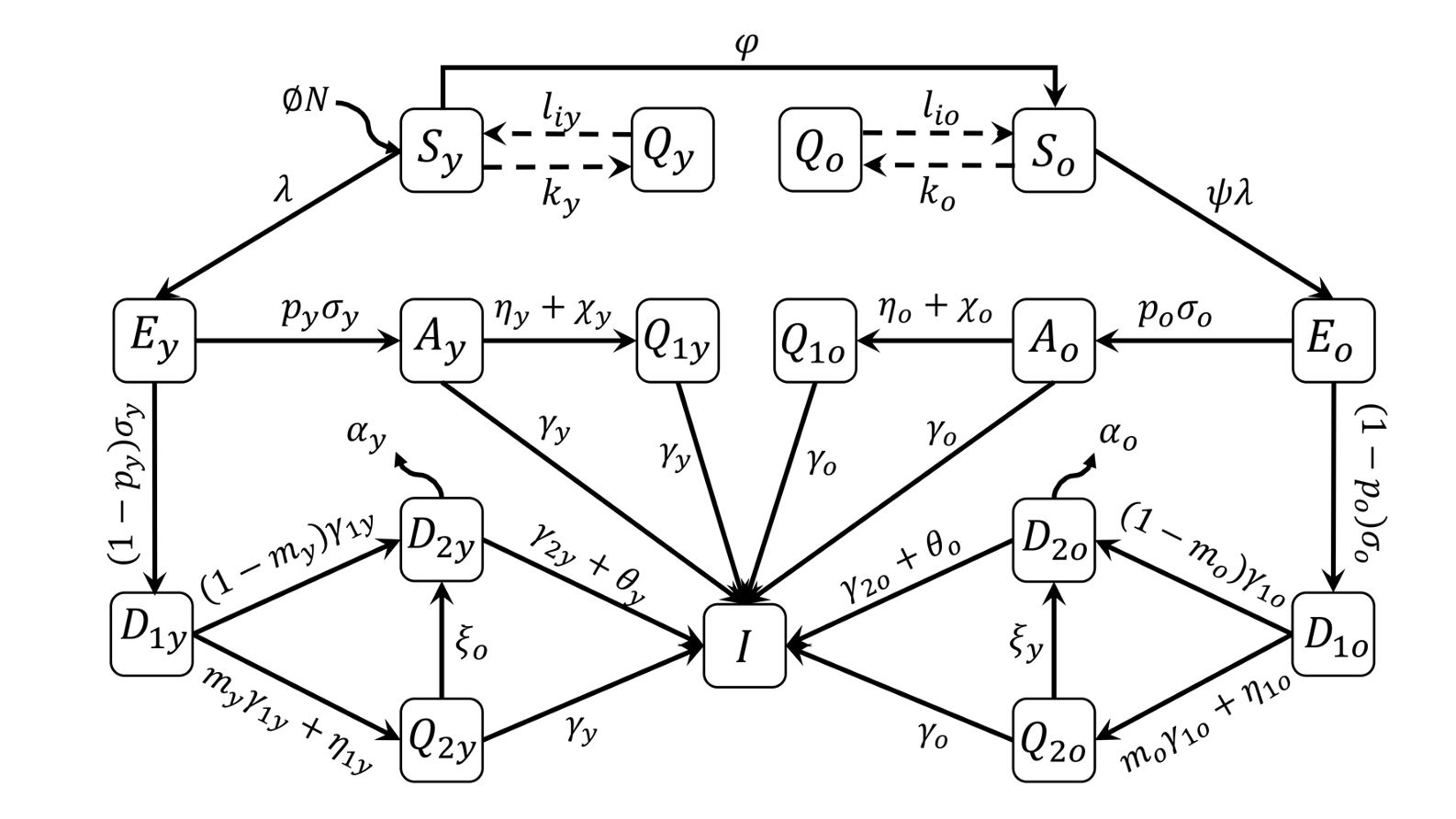

Numbers, words, and persons in intellectual objects
Why do we prefer numbers?
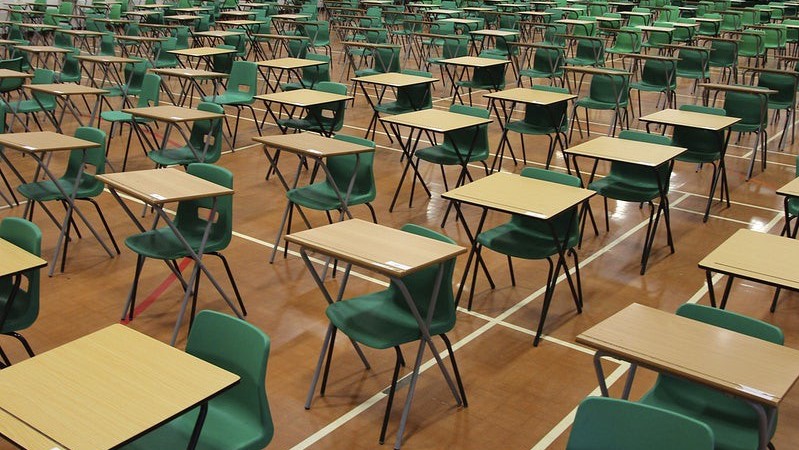

Transforming the world with intellectual objects
The power and the cost of objectifying.
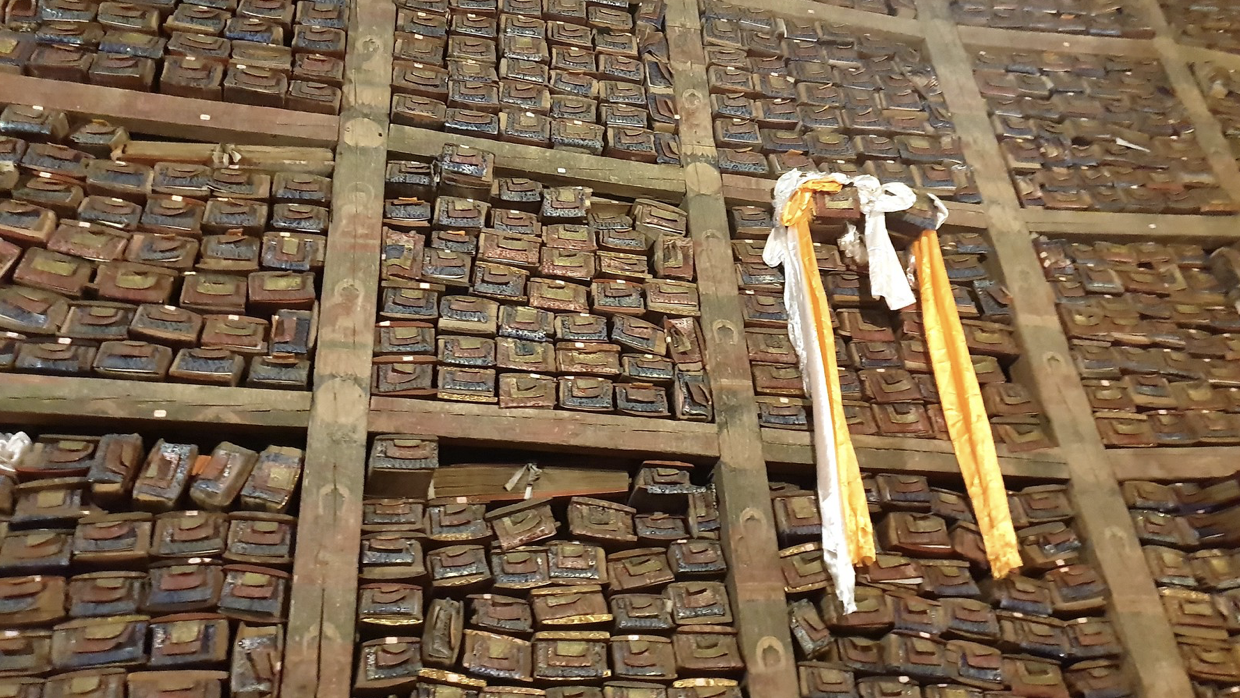

Religious intellectual objects
How we make gods into objects
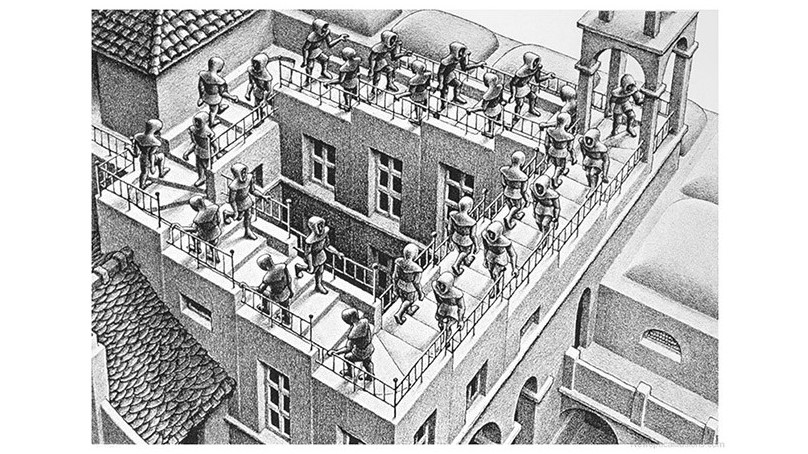

Counter-intuitive and self-negating intellectual objects
How science and religion bend our minds.
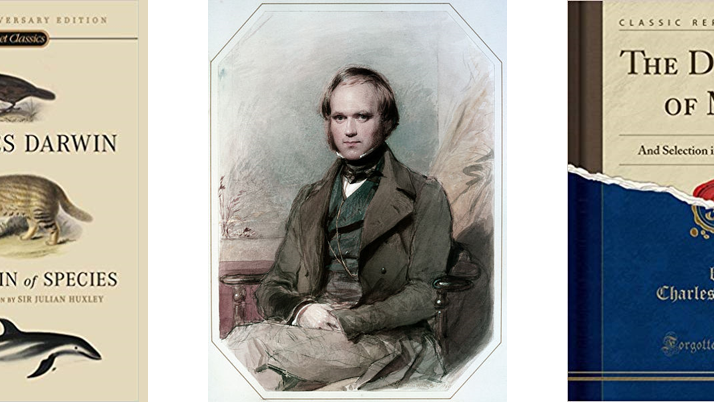

What makes a controversy?
Science, religion, and the stories we tell ourselves.


Old stories of who we are
Evolution and the stories we used to tell ourselves.


New stories of who we are
Evolution and the stories we tell ourselves today.
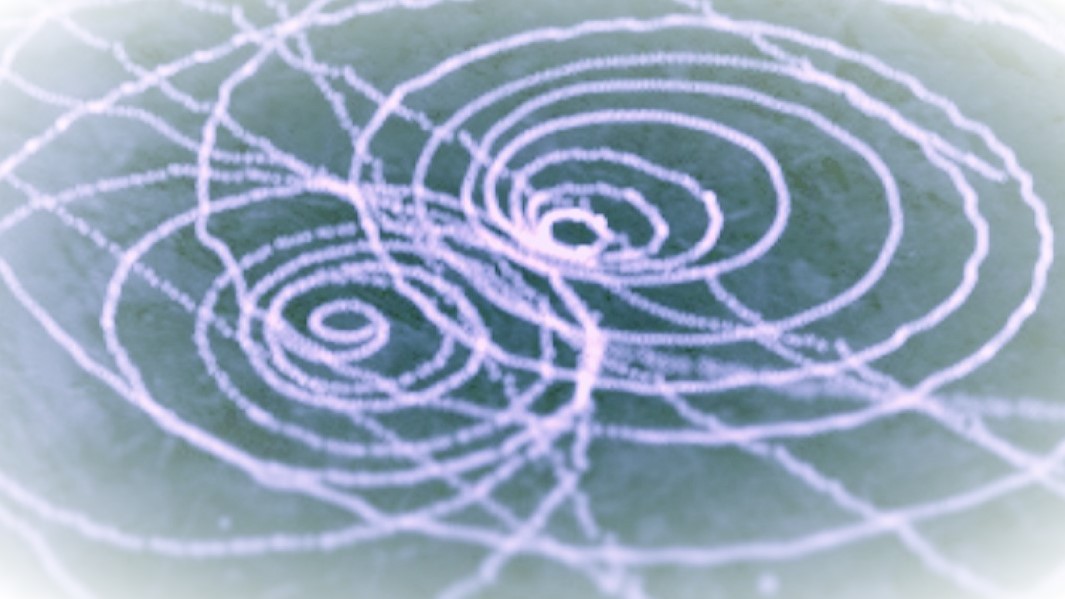

Control and violence
Stories and science's dirty secret.


Frames
You cannot separate what you say from how you say it.
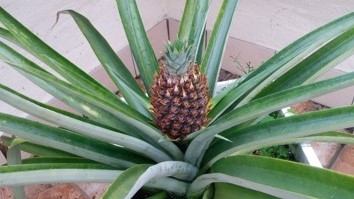

A place for virtue
Science as a virtuous practice.


A place for not knowing
The necessity of living with ignorance.
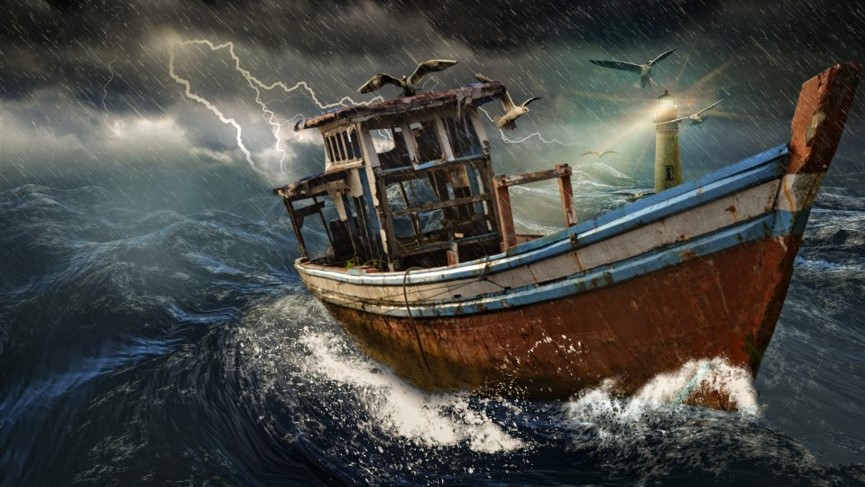

A place for commitment
The need to risk it all on what you cannot know.
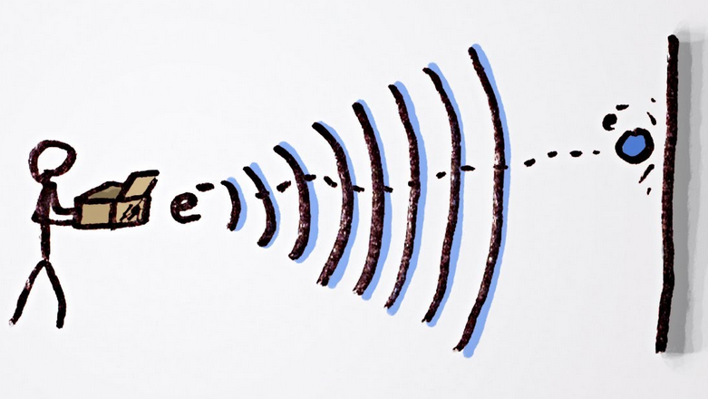

Choosing our commitments
Because we can only know afterwards.


The cost of commitment
The necessity of risking everything you are.
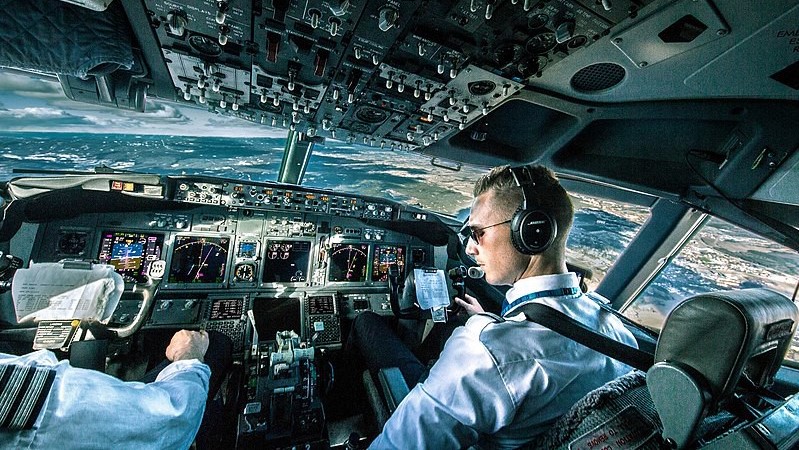

Intellectuals and laypersons in science and religion
When scientists have more in common with priests and theologians.






